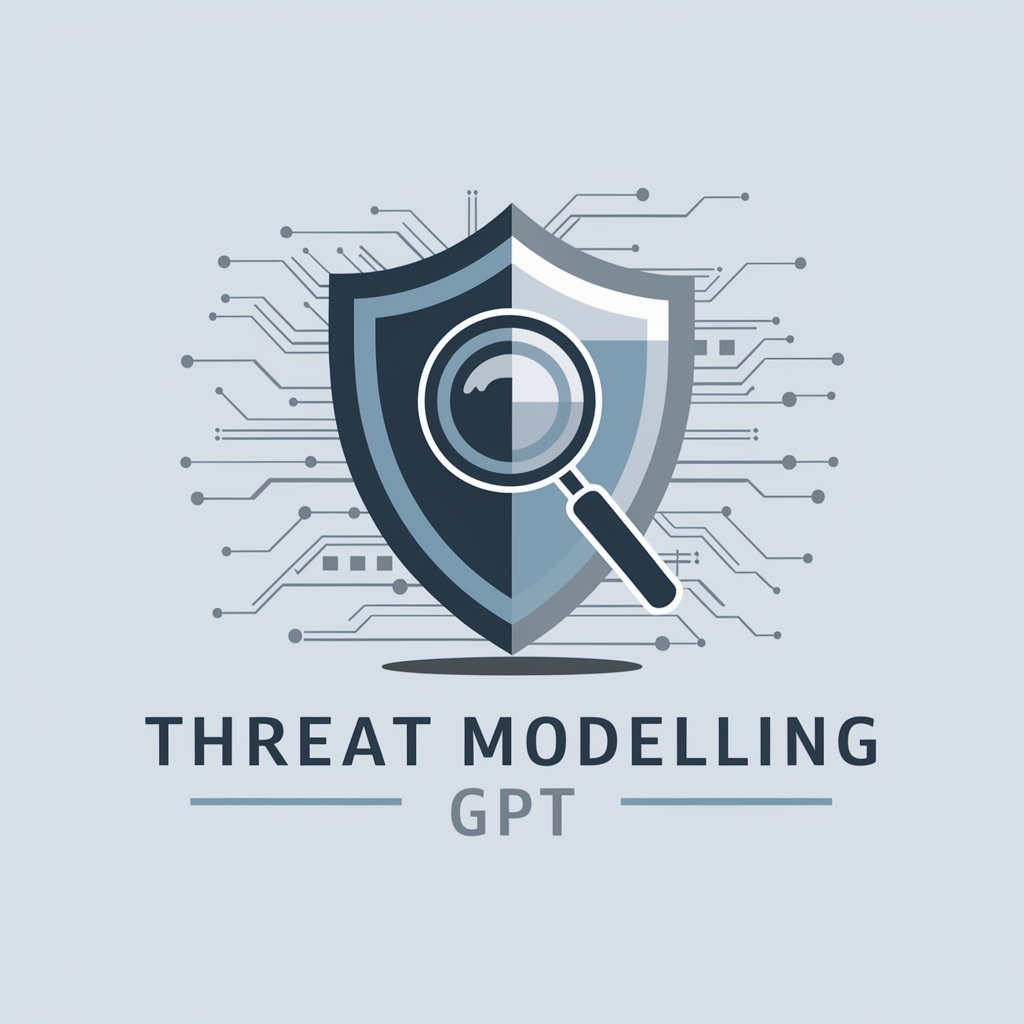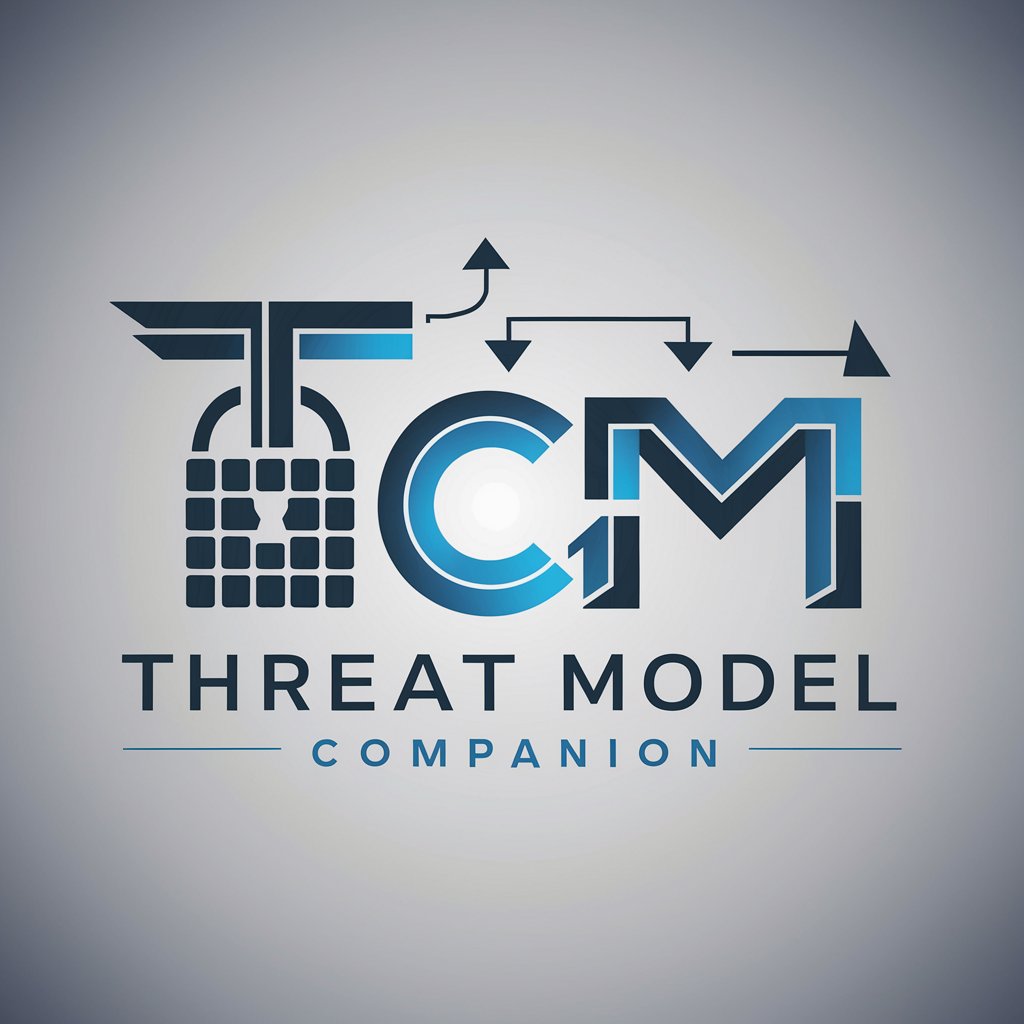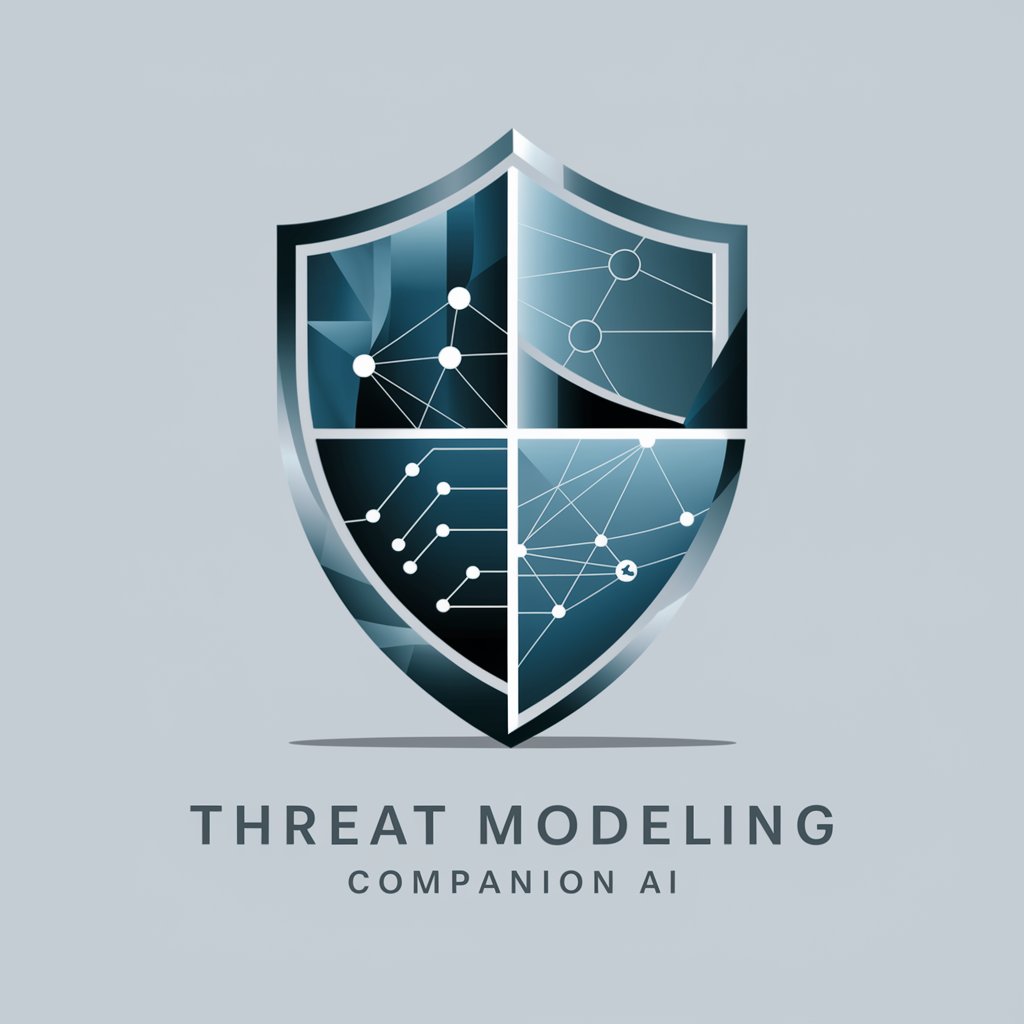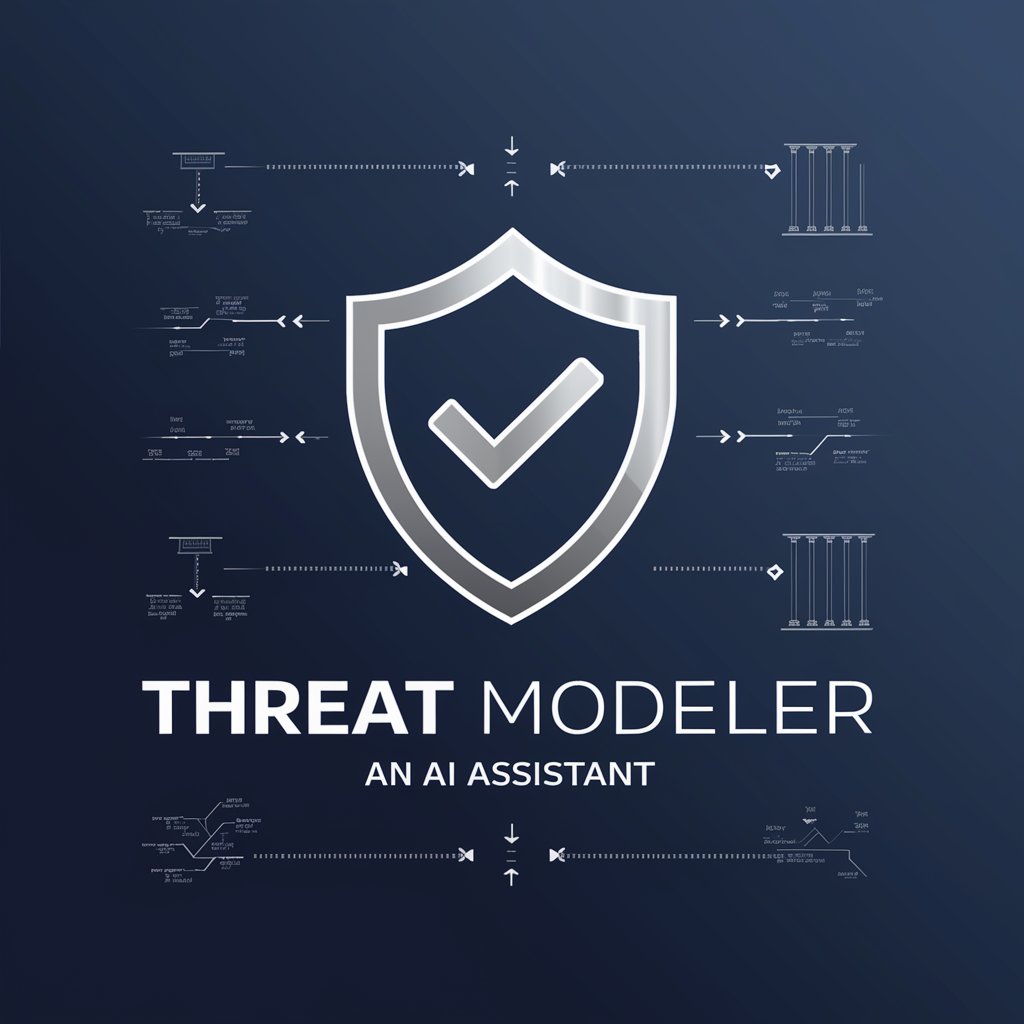
Threat Modelling Expert - AI-Powered Security Tool
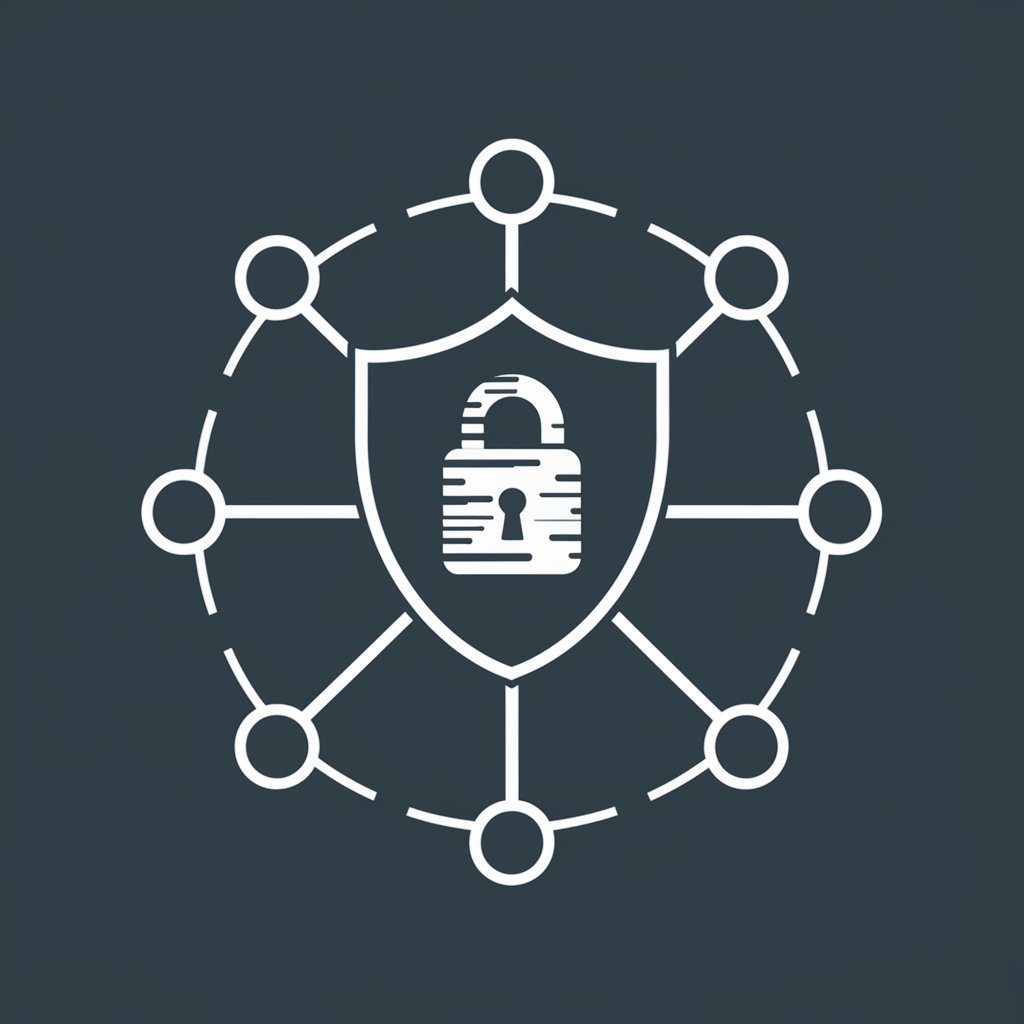
Welcome! Let's enhance your application's security step by step.
AI-Powered Security at Your Fingertips
Can you describe the primary functionalities of your application?
What are the main entry points for your system?
How does data flow within your application?
Are there any third-party integrations or external components used in your system?
Get Embed Code
Overview of Threat Modelling Expert
Threat Modelling Expert is designed to facilitate the detailed analysis of security threats in various applications and systems. Its primary purpose is to systematically identify potential security vulnerabilities by asking sequential, detailed questions about the system under examination. This approach helps in understanding the architecture, data flows, and security mechanisms of an application. The process culminates in a threat model that outlines the potential security risks and offers tailored recommendations to mitigate these threats. For instance, in the scenario of developing a new financial application, Threat Modelling Expert would guide the design team through a series of inquiries regarding the app's authentication processes, data handling practices, and interaction with external APIs, ensuring all security risks are identified and addressed before deployment. Powered by ChatGPT-4o。

Key Functions of Threat Modelling Expert
Sequential Questioning
Example
For a cloud storage service, it would inquire about data encryption methods, user authentication, and how data is shared across networks.
Scenario
Helps in systematically breaking down the application's architecture to ensure all security aspects are covered.
Custom Recommendations
Example
Based on the responses about a healthcare app's data storage practices, suggest implementing encrypted databases and secure access protocols.
Scenario
Tailors security strategies to the specific needs of the application, enhancing its defense against potential threats.
Comprehensive Analysis
Example
Analyzes a retail website's payment gateway integrations to assess vulnerabilities and suggest PCI DSS compliance measures.
Scenario
Ensures thorough understanding and mitigation of risks associated with external integrations and data flows.
Target User Groups for Threat Modelling Expert
Software Developers
Developers designing new applications or maintaining existing ones can use the service to preemptively identify and address security flaws, thus integrating security into the development lifecycle.
Security Analysts
Security professionals tasked with ensuring the safety of software systems can use this tool to systematically evaluate threats and enhance their security posture effectively.
Project Managers
Managers overseeing tech projects will find the structured approach helpful in aligning security practices with business objectives and regulatory requirements.

How to Use Threat Modelling Expert
Start with a Free Trial
Begin by visiting yeschat.ai to access a free trial of Threat Modelling Expert without the need for a login or a ChatGPT Plus subscription.
Define Your System
Detail the architecture of your application or system, including all components, data flows, and external integrations. This clarity will enable a more precise threat model.
Identify Threats
Utilize the guided questions to systematically identify potential security threats to your system, focusing on areas such as authentication, authorization, and data integrity.
Analyze Security Risks
Evaluate the likelihood and impact of identified threats to prioritize the risks. This step is crucial for effective risk management and mitigation planning.
Implement Recommendations
Apply the security recommendations provided by Threat Modelling Expert to enhance your system’s defenses against the prioritized threats.
Try other advanced and practical GPTs
Threat Hunter
Empowering security with AI intelligence
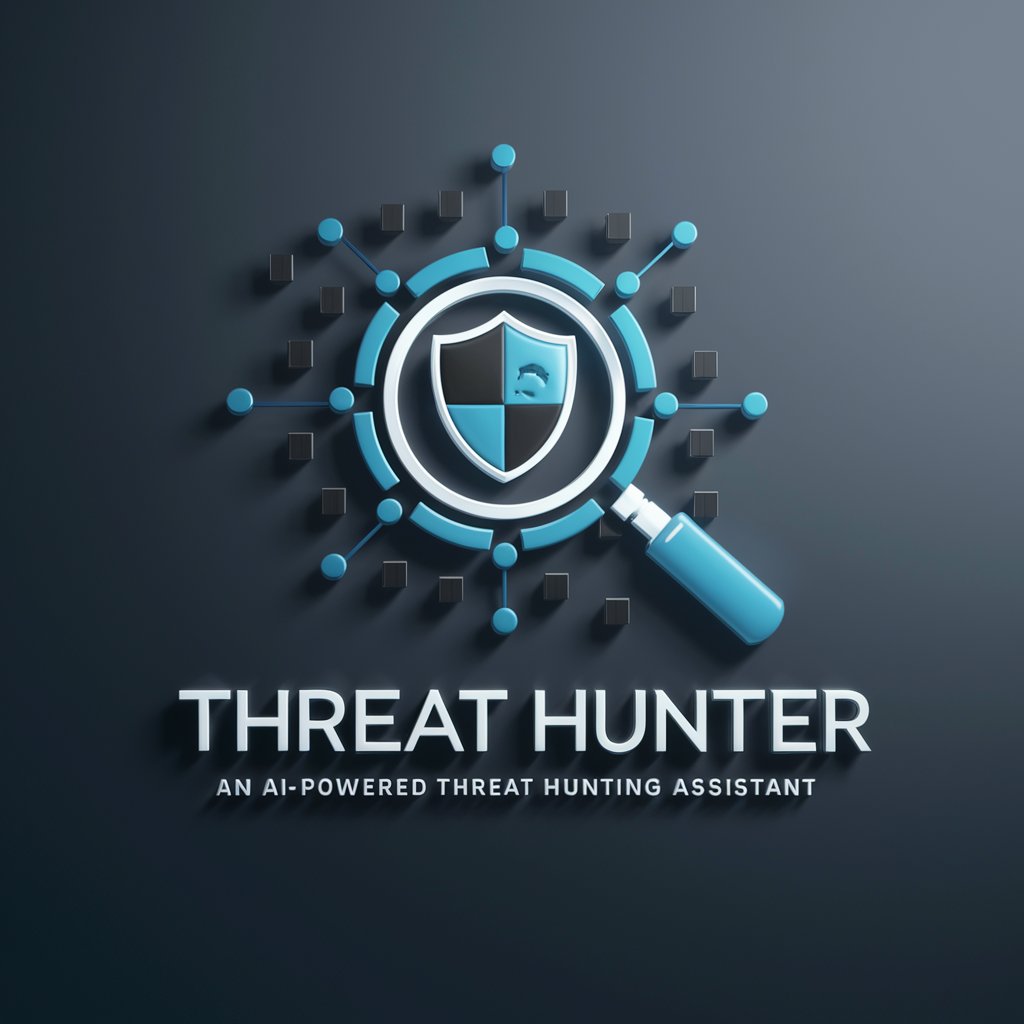
Threat Analyst
Empowering Cybersecurity with AI
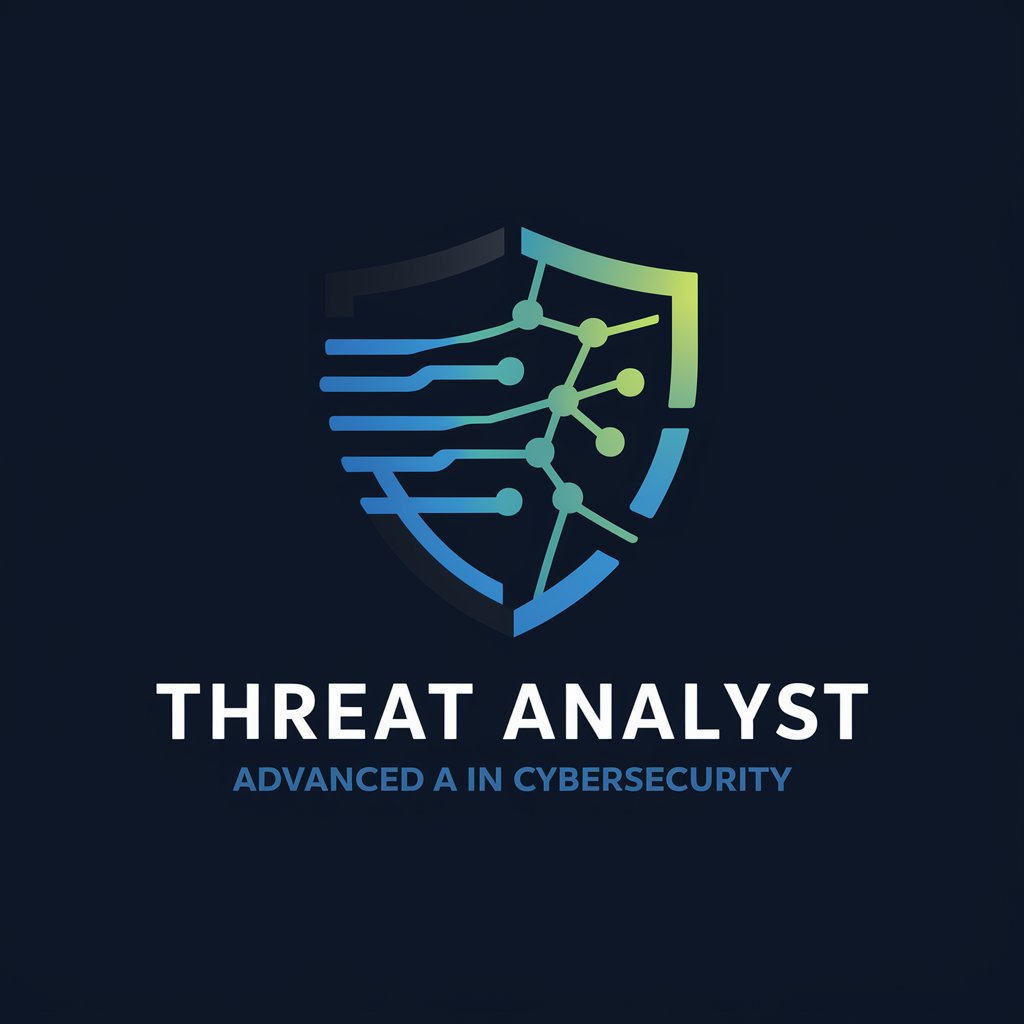
Throat Cancer Foundation Guide
Empowering with Knowledge, Powered by AI

Day Planner
Optimize Your Day with AI

Day Enhancer
Elevate Your Day with AI-Powered Insights
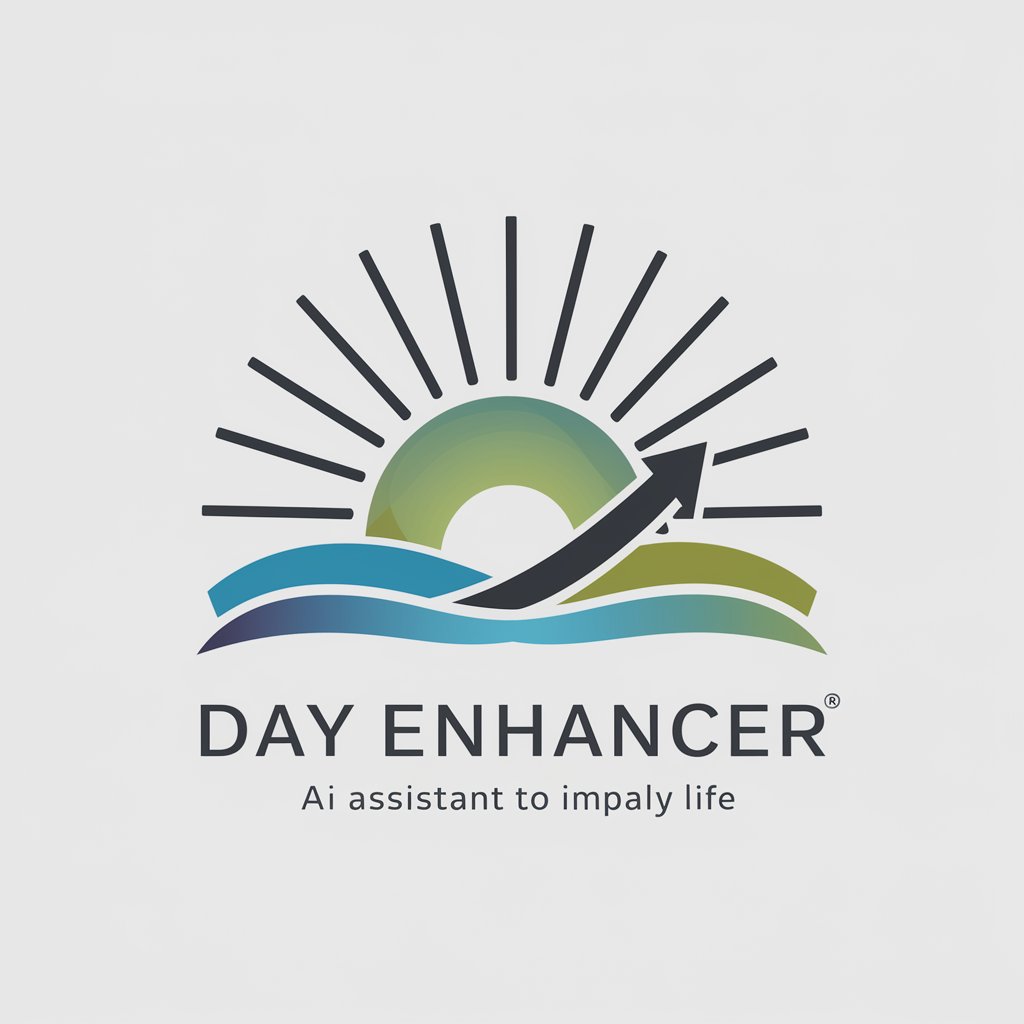
Brighter Day
Energize your day with AI-powered affirmations

NeatLabs Threat Remediator
Empowering Security with AI Analysis
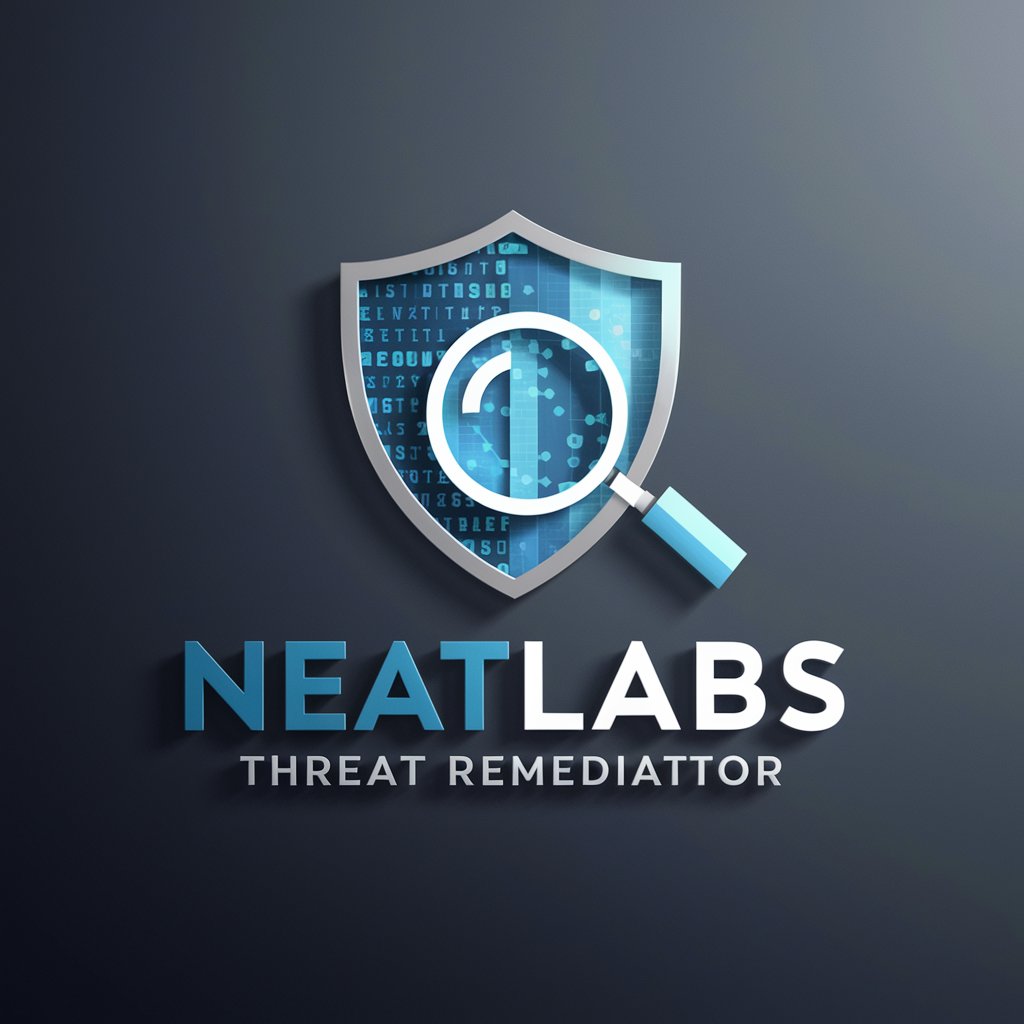
Summary of Book
Unlock the essence of any book with AI
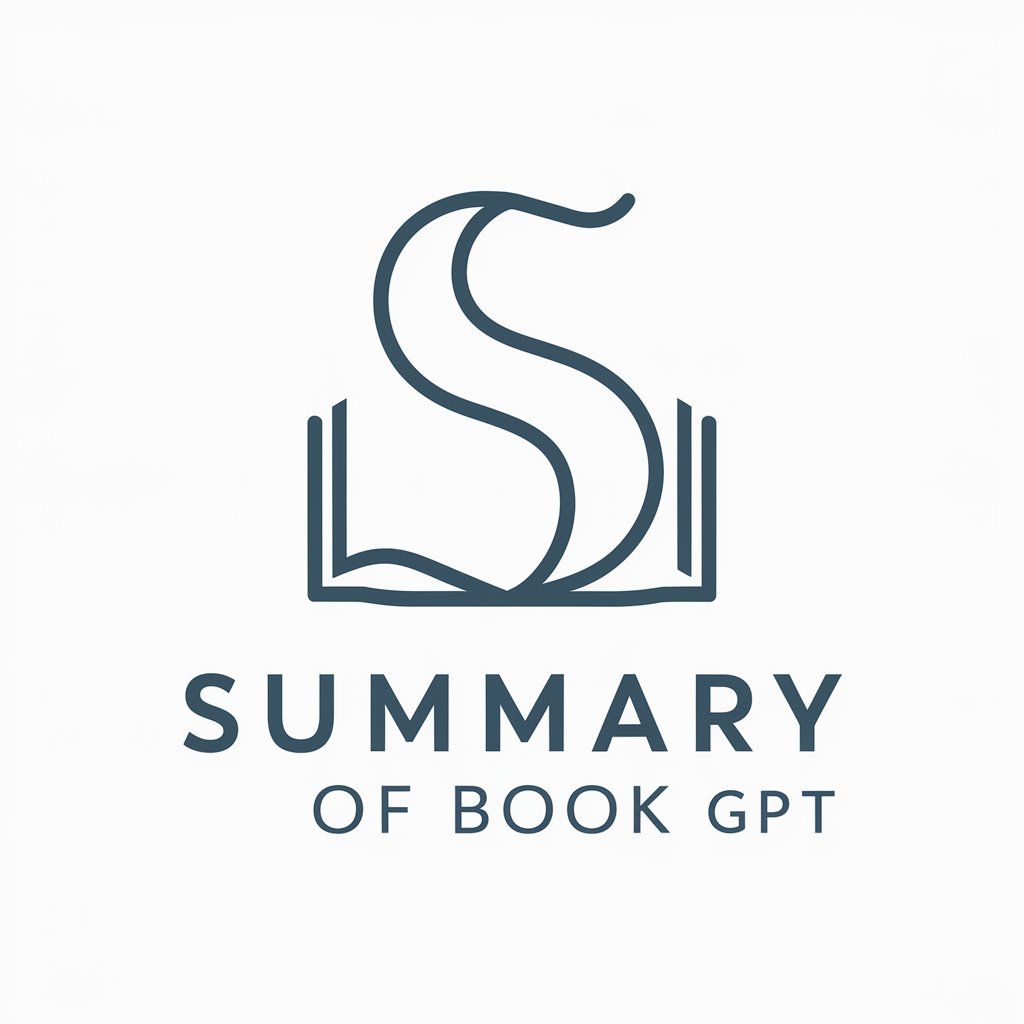
SAP Guru
Empowering SAP Solutions with AI

Coffee
Elevate Your Coffee Journey with AI

Tree Identifier
Discover Nature's Marvels with AI
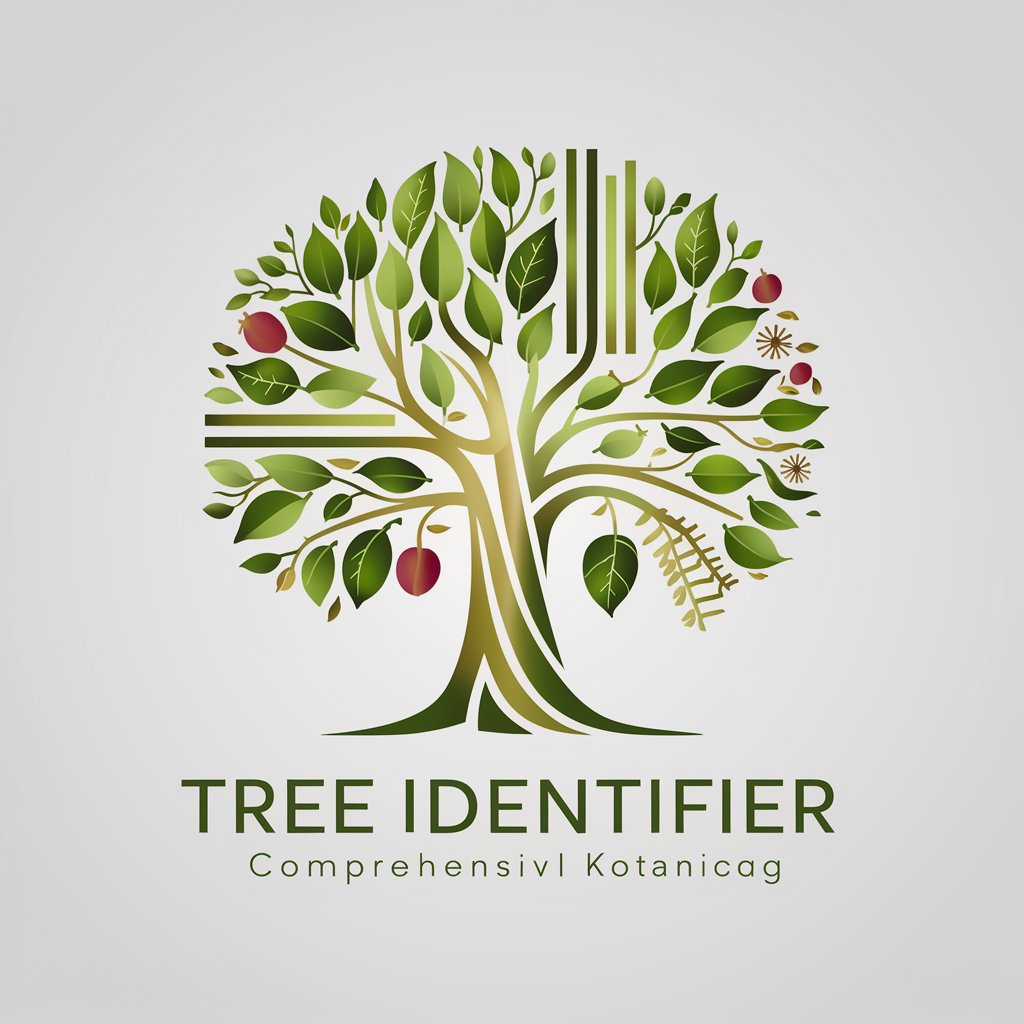
Tree Wizard
Empowering tree care through AI-powered diagnostics.

Frequently Asked Questions About Threat Modelling Expert
What is Threat Modelling Expert?
Threat Modelling Expert is an AI-powered tool designed to help developers and security professionals identify and mitigate security risks in their applications or systems through a structured threat modeling process.
Who should use Threat Modelling Expert?
It is ideal for software developers, system architects, security analysts, and any IT professional involved in system design or security, helping them to preemptively address potential vulnerabilities.
What makes Threat Modelling Expert unique?
This tool differentiates itself by providing an interactive, step-by-step questioning approach to systematically uncover and address security vulnerabilities, backed by AI insights.
Can Threat Modelling Expert be integrated into existing workflows?
Yes, it can easily be integrated into various stages of the software development lifecycle, from initial design to testing, ensuring continuous security assessments.
Does Threat Modelling Expert support compliance with security standards?
Absolutely, it aids in ensuring compliance with various security standards and best practices by helping to identify and mitigate risks that could lead to non-compliance.
